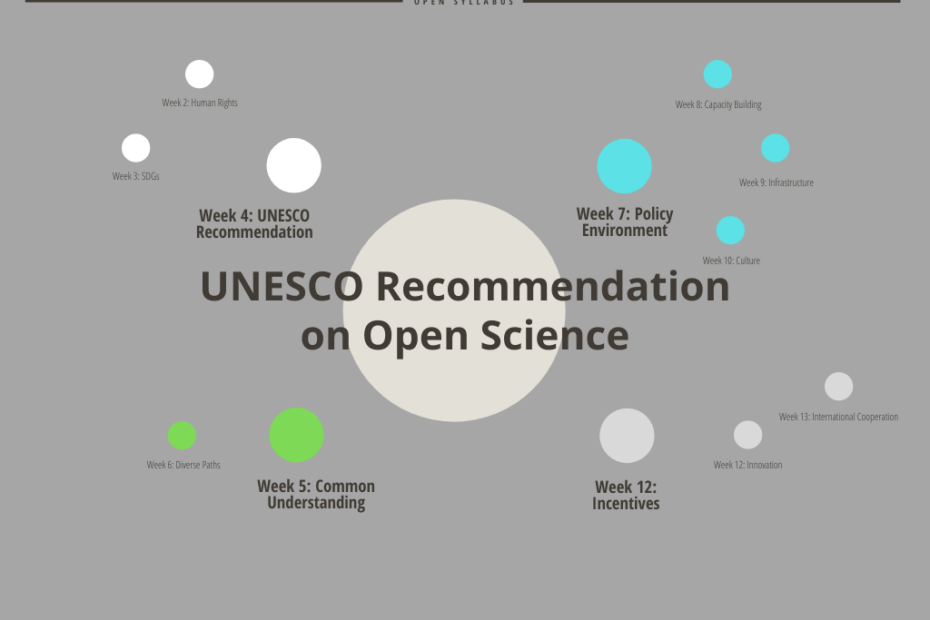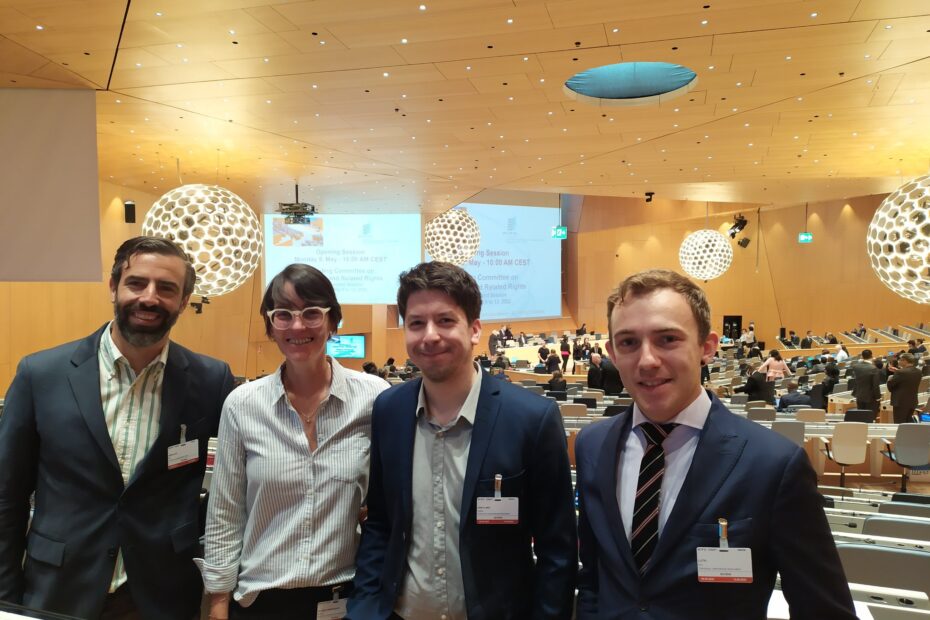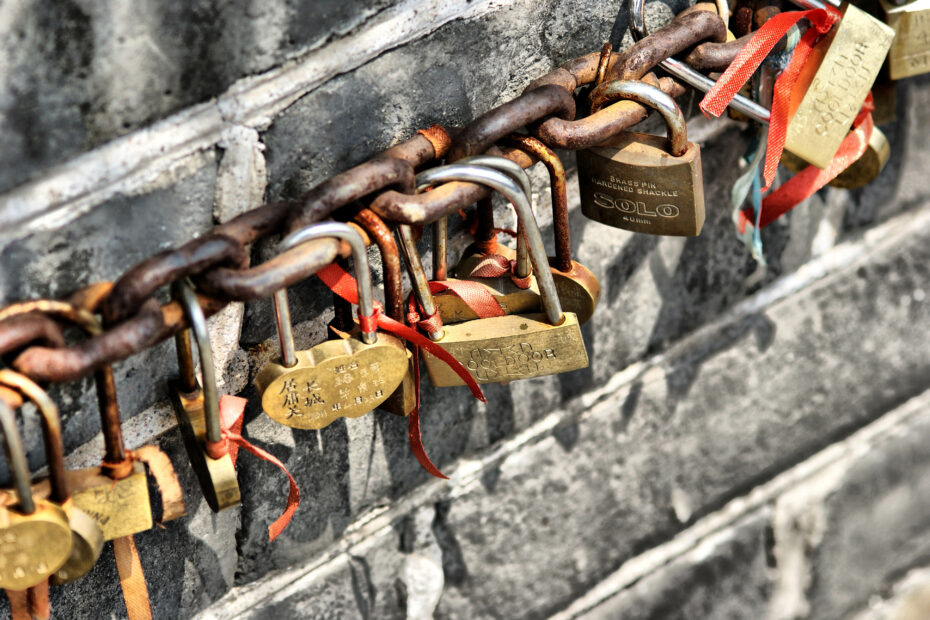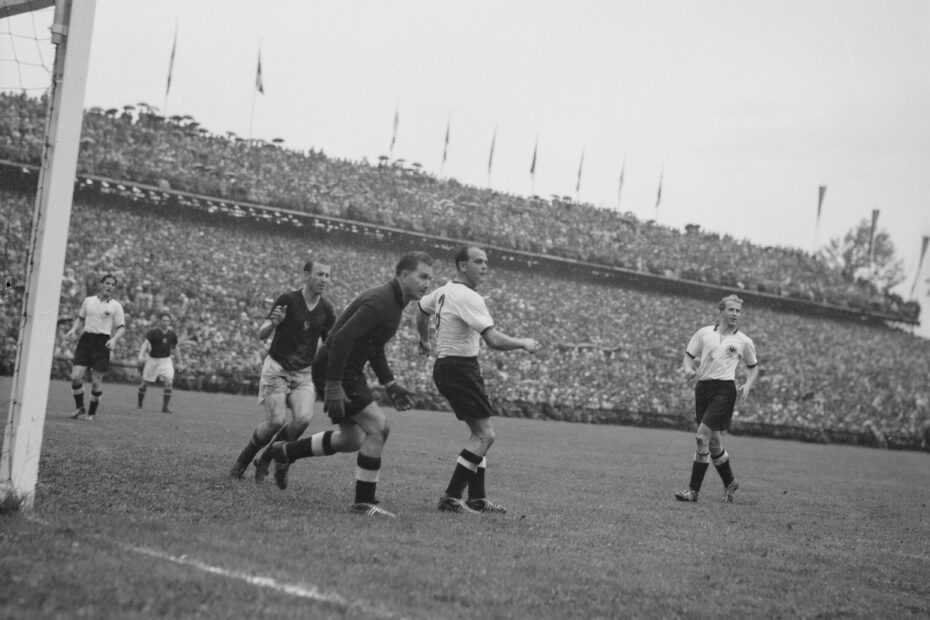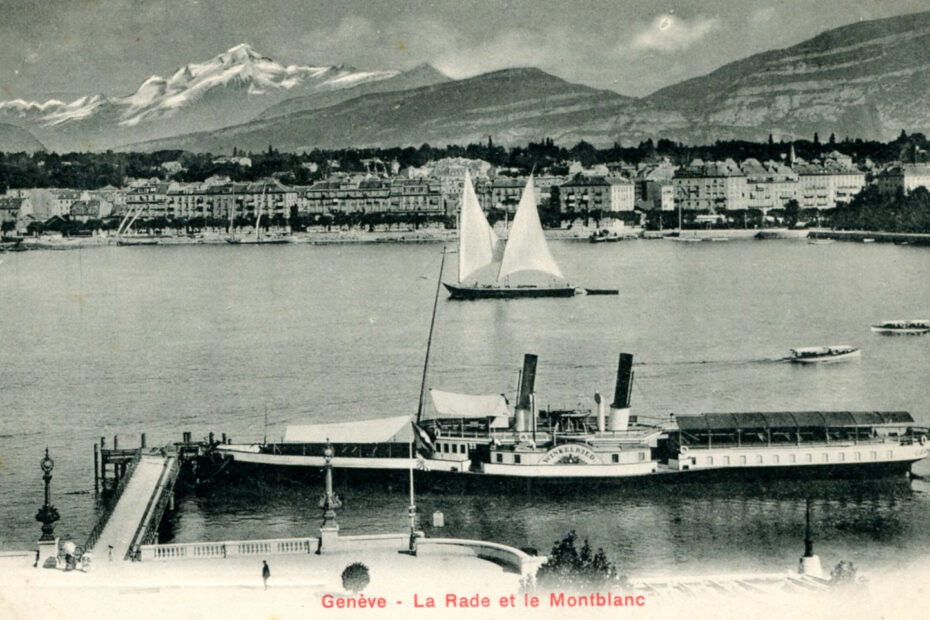The fight over the Directive on Copyright in the Digital Single Market has highlighted that European copyright rules affect the operation of Wikipedia and other free knowledge projects. The global-level regulatory framework is equally important, and that fight takes place in Geneva, at the World Intellectual Property Organization (WIPO). This is why Wikimedia Deutschland and the Free Knowledge Advocacy Group are committed to increasing transparency around WIPO negotiations on international copyright law, and shaping WIPO-level policy outcomes. This blog post is the prelude to an introductory series into the topic.
WIPO: What it is and why it matters
Intellectual property law is often considered an arcane matter, which is best left to lawyers. However, intellectual property law in general and copyright in particular have enormous economic and social implications, as they govern access to knowledge. Copyright specifically determines under what conditions creative works, such as textbooks and other educational materials as well as large portions of the world’s cultural heritage, can be accessed and used. This also applies to how users may incorporate sources and illustrations on Wikipedia, Wikimedia Commons, Wikidata, etc.
Read More »What happens in Geneva shouldn’t stay in Geneva: Wikimedia and international copyright negotiations








